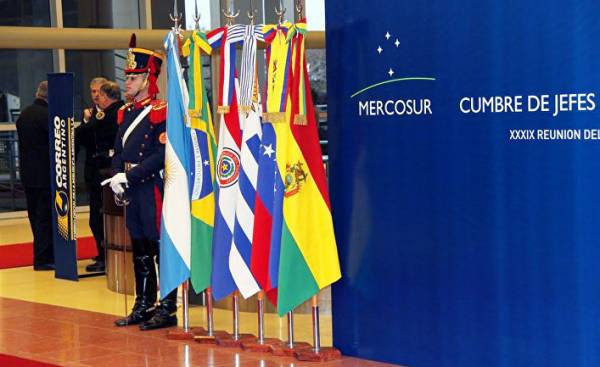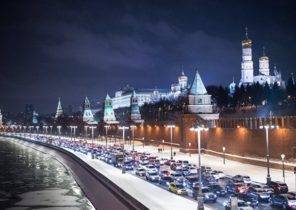
Perhaps Brakcet can be called a major geopolitical event since the fall of the Berlin wall.
Although the election of Donald trump potentially more global impact, given the scale of influence of the United States in the world — is not peculiar to him the same degree of “indefinitely” which means Brakcet.
After three and a half years, voters can decide to send the current occupant of the White house back to the Trump Tower. If that happens, the US likely will again assume a leading role in the process of opening markets and cooperation with its allies.
Washington is again able to connect to projects such as the TPP (Transpacific partnership), or to take a constructive stance in global climate negotiations.
The evil that trump could cause the United States and the world in General, with the exception, of course, the military sphere, hypothetically huge. Nevertheless, it is able to correct itself democratic cycle.
Meanwhile Brakcet marks the termination of the marriage, which for more than four decades connected London and the continent. And, although commercial and political agreements between the UK and the EU is possible and quite likely, nothing will be as before. A complete reversal in the opposite direction — “Brethrens” in the near future is unthinkable.
The separation of Britain from the EU Brazil sends important signals. Some of them allow you to learn useful lessons. Others testify to the possibilities.
The reasons that led to Brakcet, different from those that could form the basis of the dismantling of MERCOSUR. Now, however, we clearly understand that regional integration is not a destiny and to a lesser extent “natural state” of international relations.
In the Brazilian Constitution, the integration of the Latin American peoples declared as a constitutional goal. In our passports, right on the cover, you can read the inscription “Federal Republic of Brazil”, and next to it the “MERCOSUR”, as if it was inevitable for our country a reality.
The experience of our participation in MERCOSUR and other regional integration processes, many of which failed, shows that nothing is eternal.
If there had been some progress in specific areas, such as trade liberalization or the development of shared logistics, it would MERCOSUR only benefit.
Hardly justified the time and energy spent in the pursuit of more ambitious and grandiose objectives, such as the introduction of the single currency or the preparation of statements in which the countries of the group Express their position on the peaceful settlement in the middle East.
Before the two largest economies of MERCOSUR — Brazil and Argentina — is still a serious problem of internal tax harmonization.
In addition to the important lessons Brakcet Brazil also provides very specific opportunities. In the first, transitional, phase, the London will want to show their “openness to business” commercial.
The British government intends to accelerate — at least this position Theresa may shows markets — obtaining concrete results on trade agreements.
It should be emphasized that in many difficult negotiations, the southern cone countries with the European Union the least restrictions for the liberalization of agricultural products proposed by the UK. This opens up great prospects for Brazil as the relations between the two countries and in light of a possible agreement between the UK and MERCOSUR.
Additionally, Pexit has, from the standpoint of Brazil, an additional advantage: it can “encourage” Brussels as soon as possible to sign a trade agreement. This already shows a great interest of Europeans in the agreement with MERCOSUR.
The upcoming steps in the UK will be closely monitored by political forces around the world.
Many believe that Breaksit will result in greater isolation — is another case in a disturbing escalation of protectionism that we are seeing today in a number of countries.
Others expect that leaving the EU will give the UK a chance to once again become a “world trading power”. If the Brits will follow in this direction, Brazil will benefit from this.







